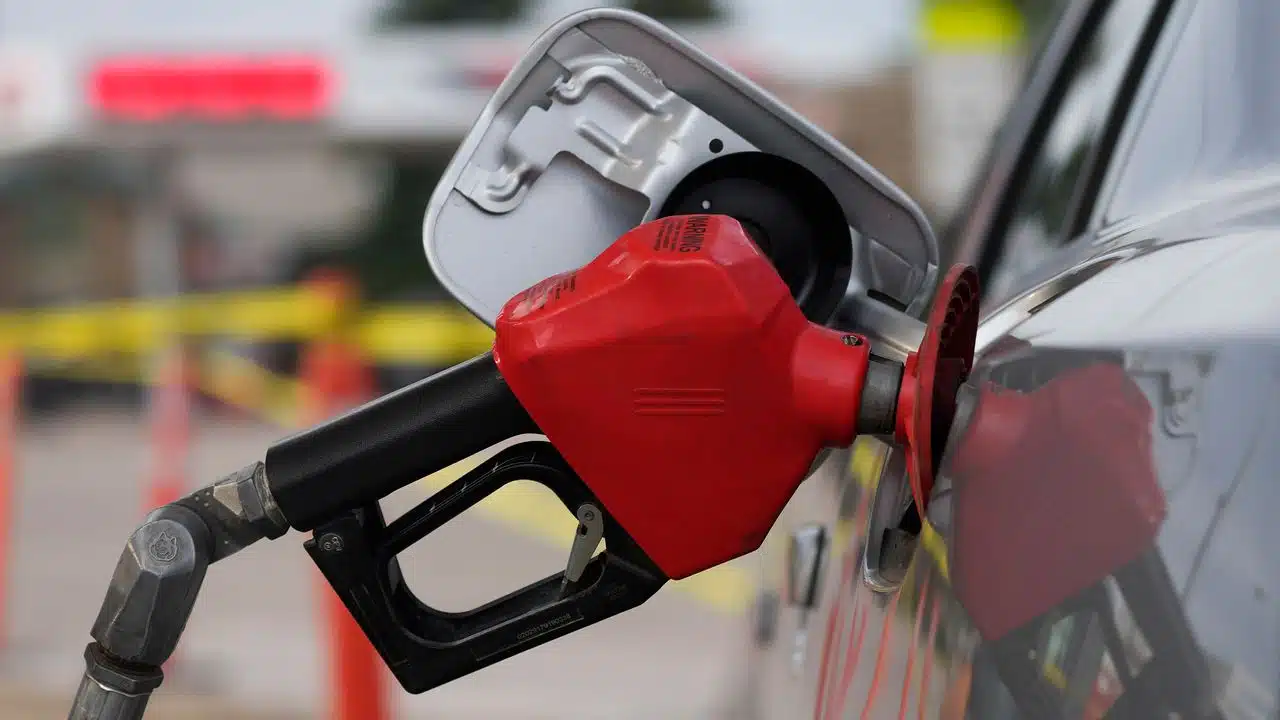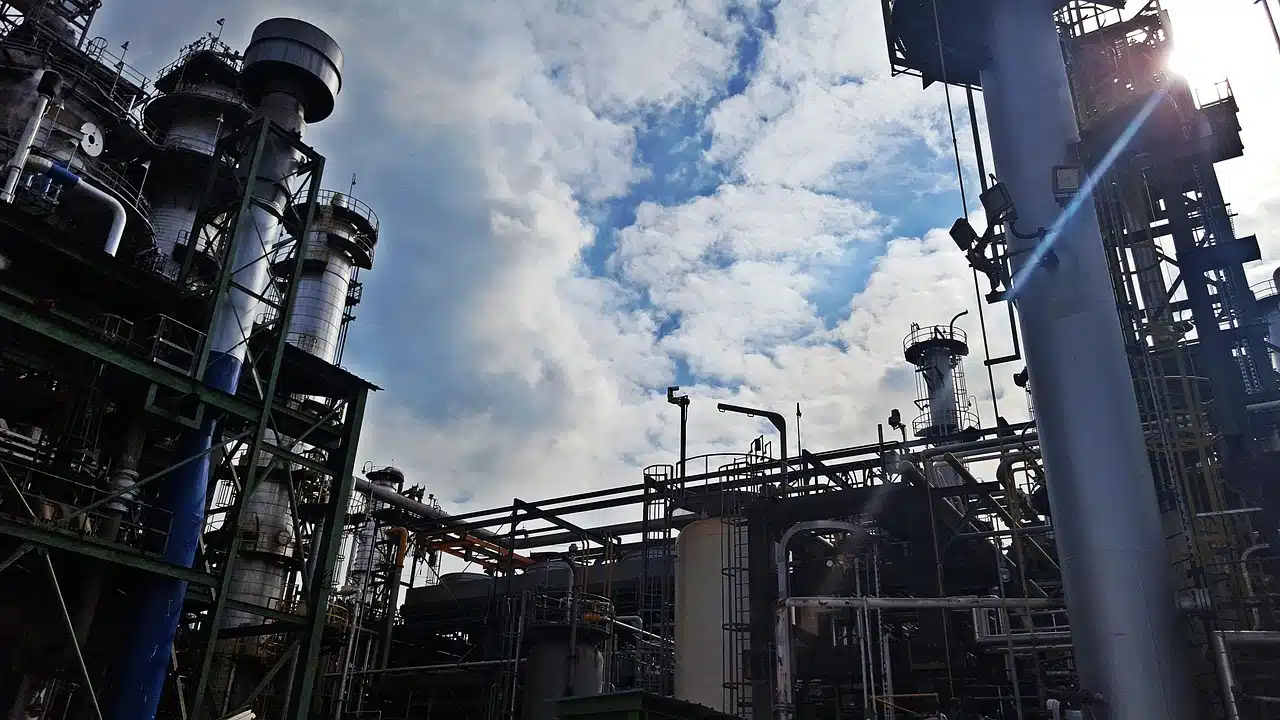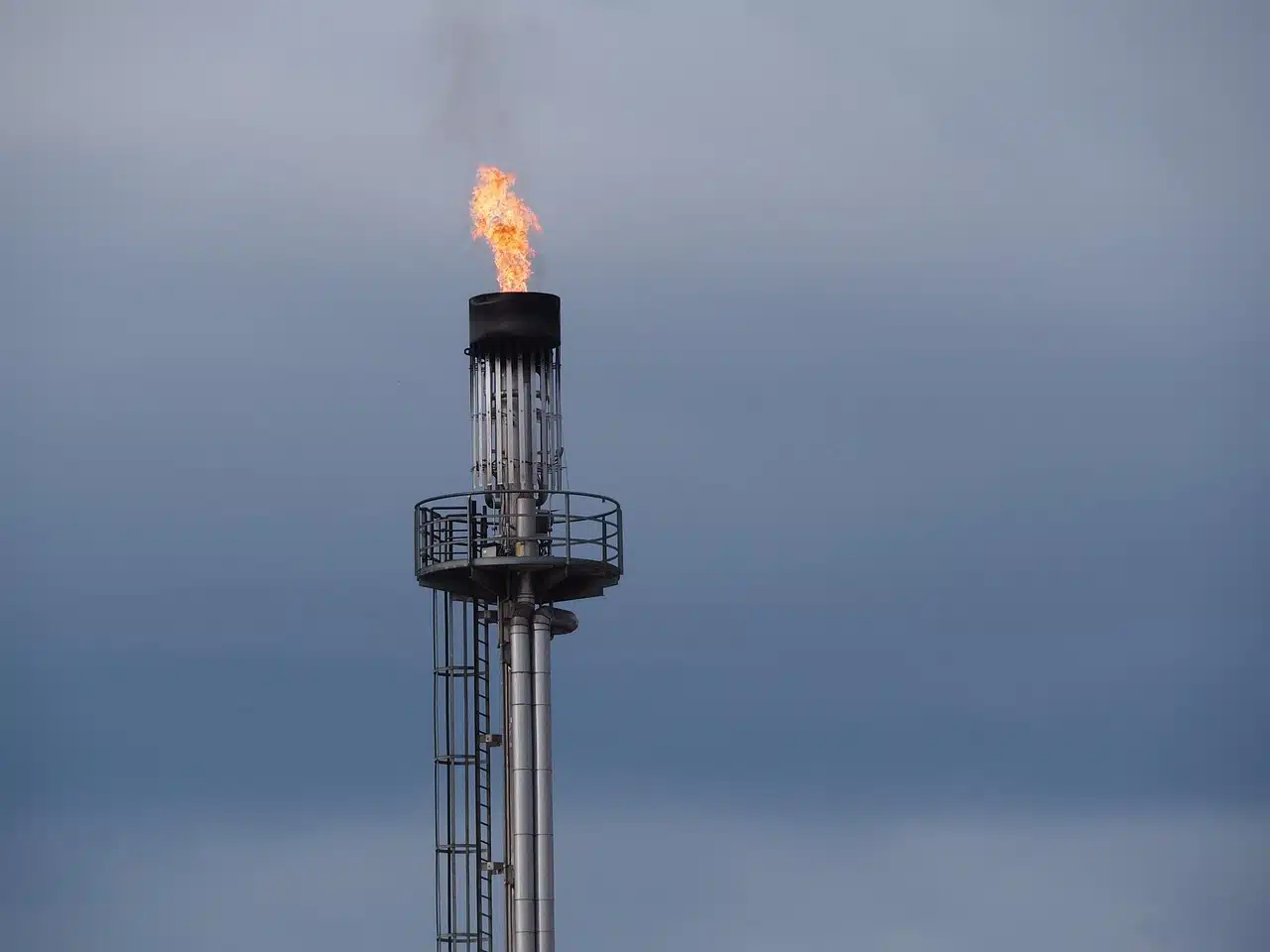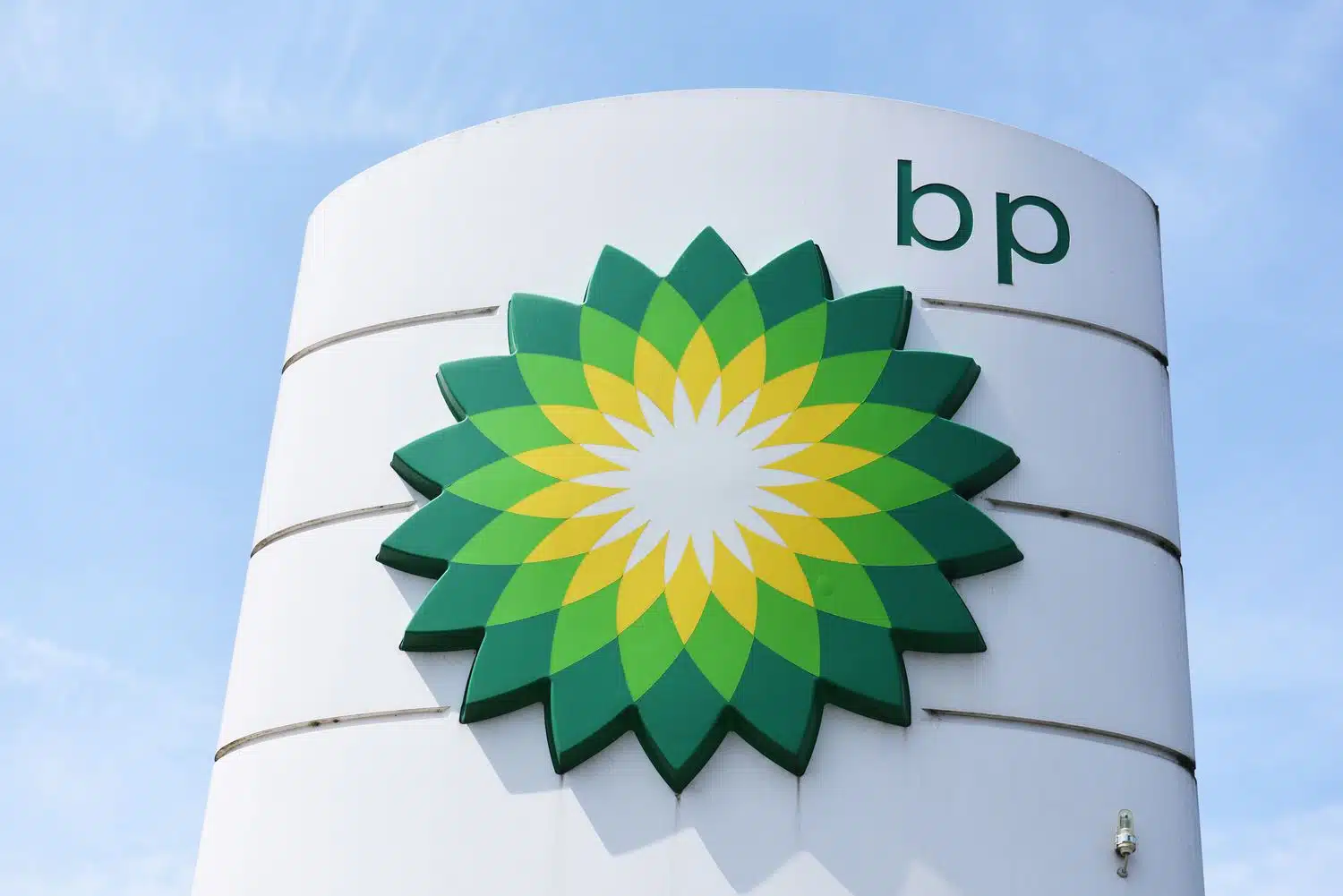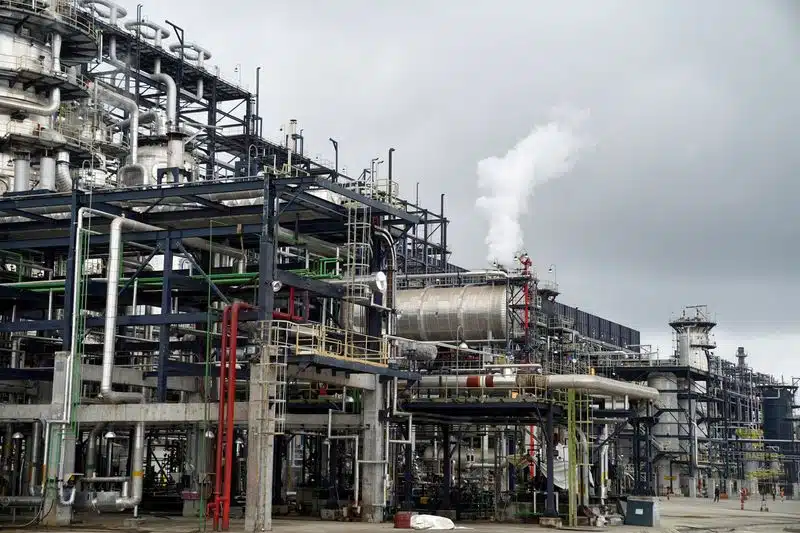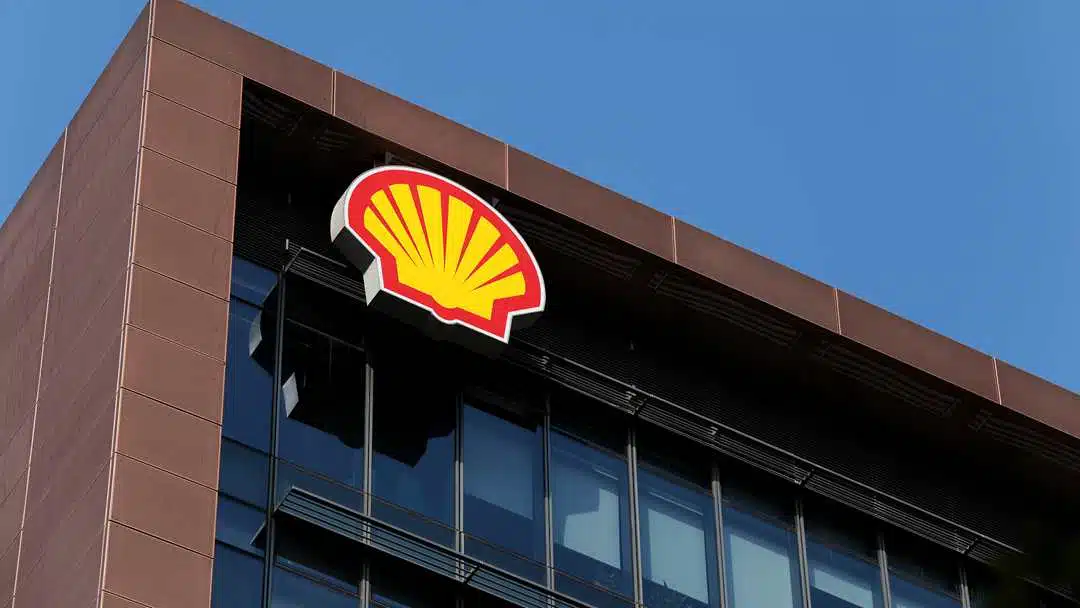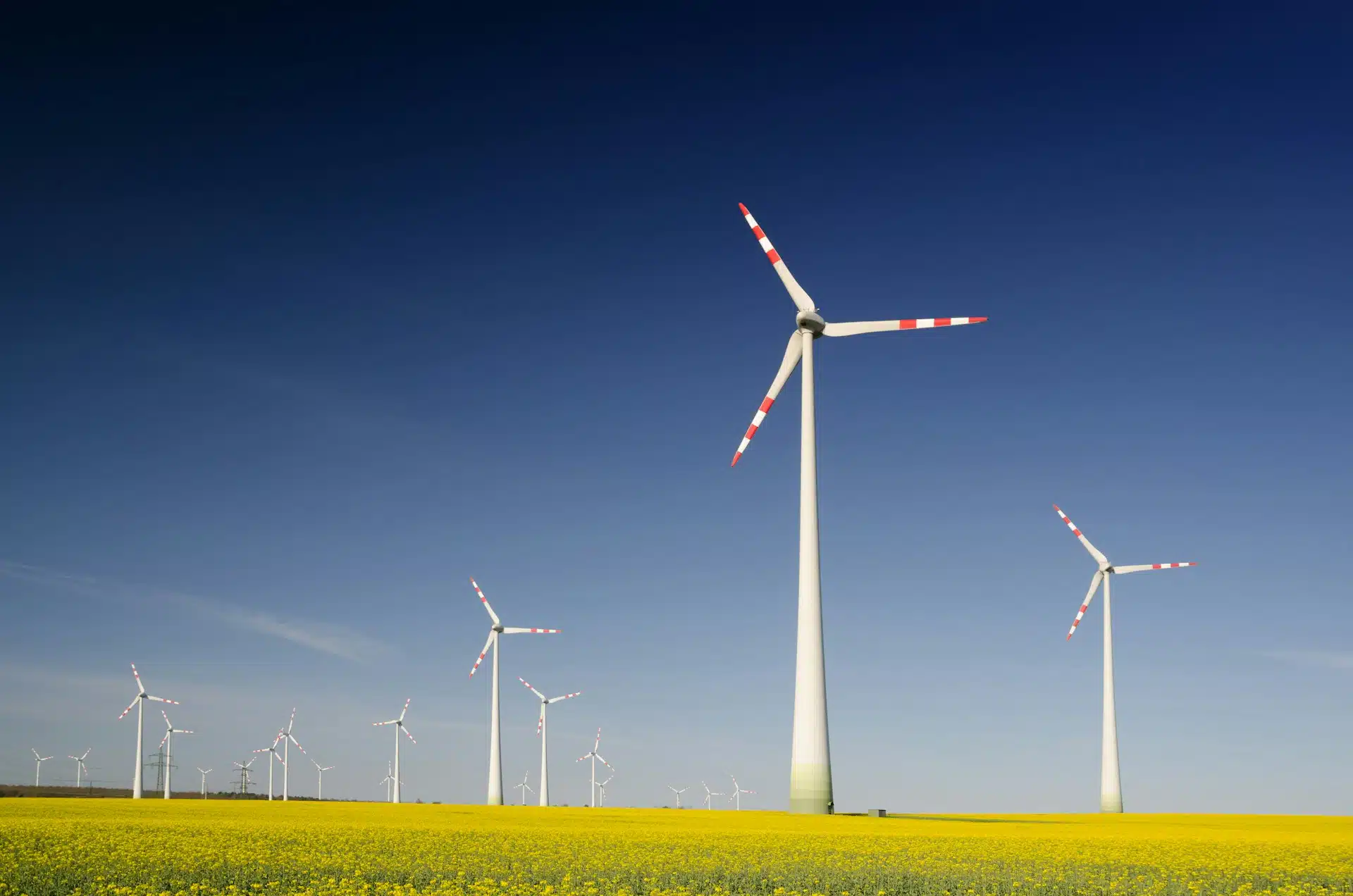Central African country, Angola, has increased diesel prices by 50%, marking the second hike in a year as the government moves to reduce costly fuel subsidies.
The decision, announced late Sunday, follows a recent call by the International Monetary Fund (IMF) for Angola to phase out subsidies that cost the country about $3 billion in 2024.
The latest adjustment raises diesel prices from 200 kwanzas ($0.22) per liter to 300 kwanzas ($0.33), according to a statement from the country’s petroleum regulator.
The price change took effect at 1 a.m. on Monday in Luanda.
Fuel subsidies in Angola have long been a major expense for the government, with spending on them nearly matching the country’s 2024 budget for health and education combined.
Officials argue that gradually removing subsidies will free up funds for critical sectors, but many Angolans fear the economic strain that comes with rising fuel costs.
Sabino Vieira da Silva, president of Angola’s truck drivers association, said the increase will have serious consequences for the transportation sector.
“We’re not happy with the rise in fuel prices,” he said. “We’ve warned the government about the potential impact, and we will meet on April 11 to decide our next steps.”
A similar move in 2023, when the government reduced gasoline subsidies, sparked violent protests in the central city of Huambo.
Clashes between police and taxi drivers resulted in five deaths.
Angolan Minister of State for Economic Coordination, Jose de Lima Massano, said in January that the government remains committed to gradually reducing fuel subsidies but will not completely remove them this year to avoid “unnecessary hardship.”
Despite this, the latest hike is expected to push up transportation and food costs in a country where more than half of the population lives on less than $2 a day, according to the World Bank.
The government last increased diesel prices in April 2024, when the cost per liter rose from 140 kwanzas to 200 kwanzas.
Meanwhile, inflation in Angola has remained above 10% for the past decade, peaking at 42.8% in June 2024.
As economic pressures mount, residents and business owners brace for further financial strain, with many calling on the government to ease the burden of rising living costs.

